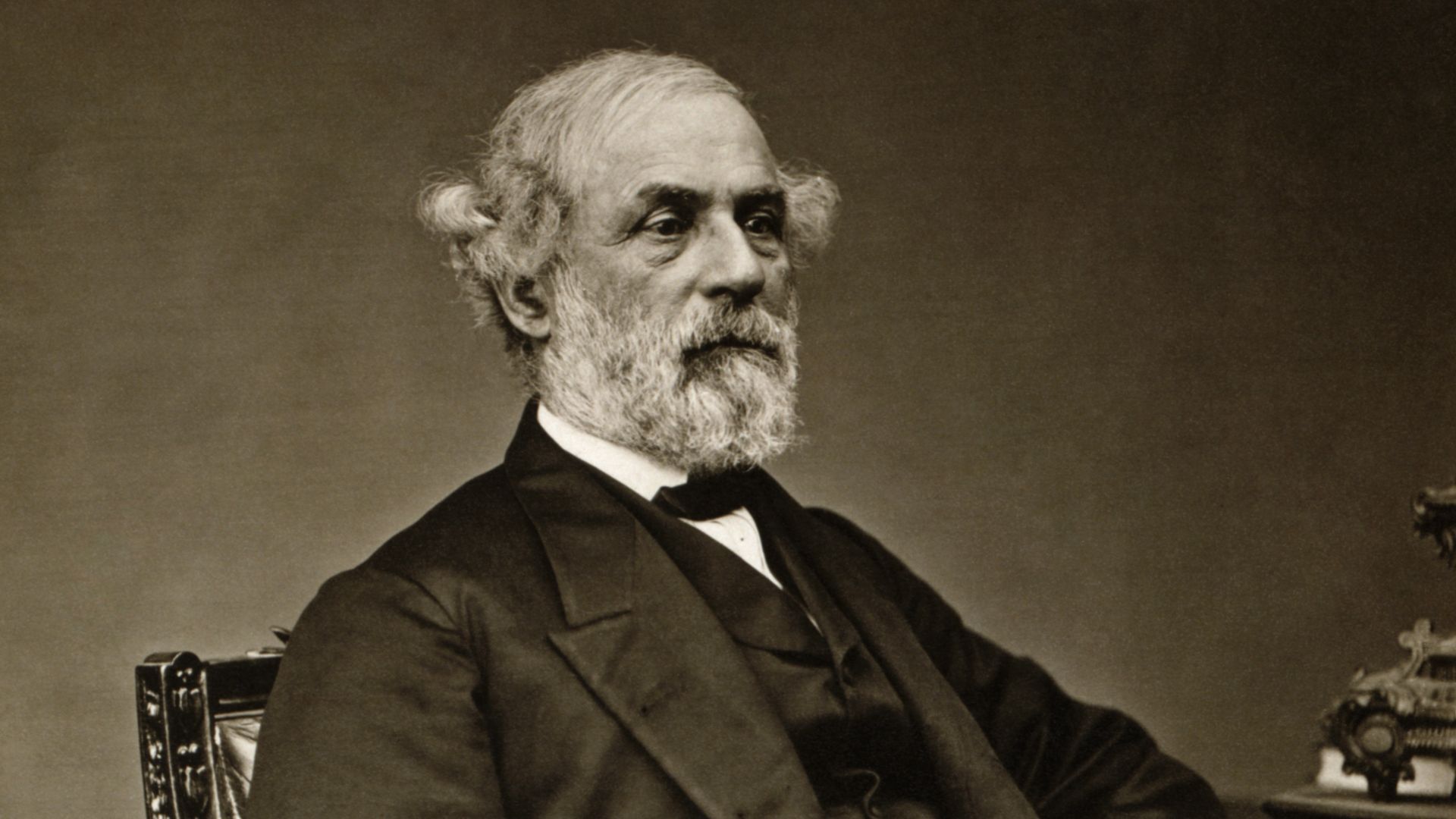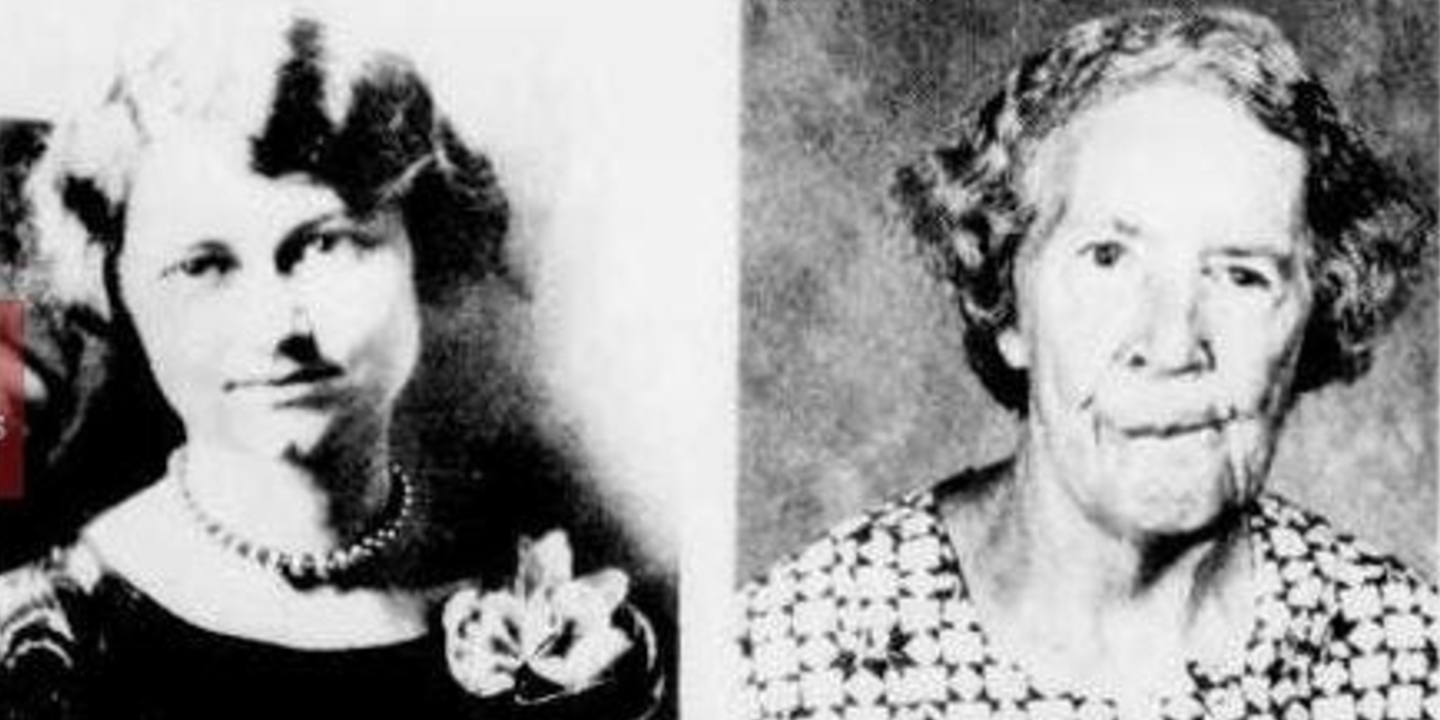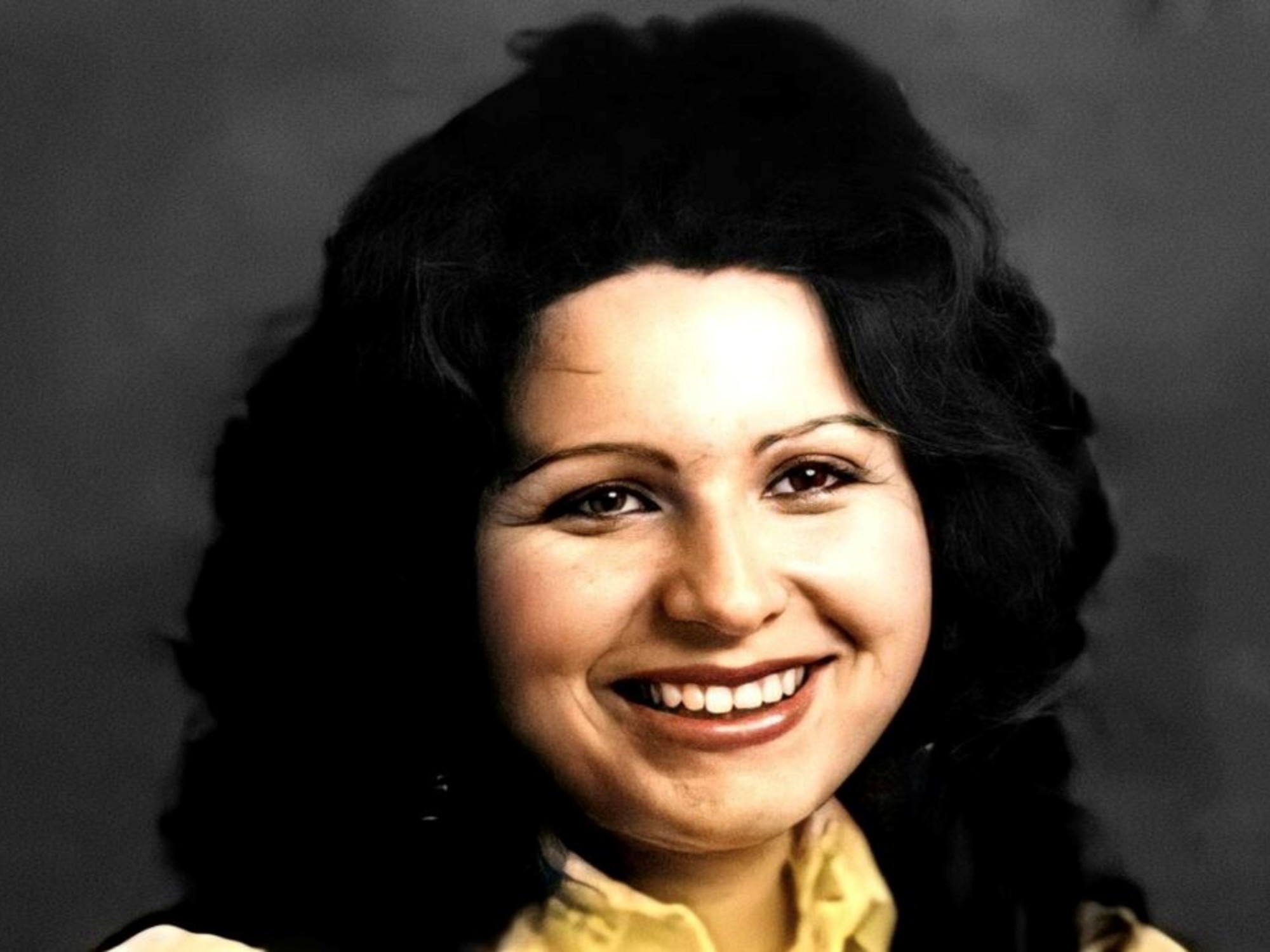Echoes Of The Battlefield
Why do certain words outlive the wars that inspired them? Across empires and resistance movements, powerful lines have crystallized moments of fear, pride, fury, and reflection. These echoes still shape how we view sacrifice and strategy today. History doesn't just record war with weapons—it remembers it through words. These are the unforgettable lines that stick with us long after the battle is over.
1. William Tecumseh Sherman's Brutal Truth
"War is hell," Sherman warned in Columbus, Ohio, on August 12, 1880. He spoke from experience; his March to the Sea left a charred trail across Georgia. In 1864, he also wrote, "War is cruelty, and you cannot refine it". His legacy continues to influence modern military strategy discussions.
 George Peter Alexander Healy on Wikimedia
George Peter Alexander Healy on Wikimedia
2. Wilfred Owen Exposes "The Old Lie"
Wilfred Owen's exemplary line, "It is sweet and proper to die for one's country," was a direct assault on patriotic propaganda. It was a part of his poem Dulce et Decorum Est, published in 1920, which detailed the horrors of gas attacks and rejected romantic ideals of glory.
3. Sun Tzu’s Bloodless Victory
In The Art of War, Sun Tzu argued, "The supreme art of war is to subdue the enemy without fighting." This strategy, detailed in Chapter 3, emphasized psychological and tactical superiority. Over 2,500 years later, his teachings remain influential.
 vlasta2, bluefootedbooby on flickr.com on Wikimedia
vlasta2, bluefootedbooby on flickr.com on Wikimedia
4. Churchill Salutes "The Few"
Winston Churchill's August 20, 1940, tribute to the RAF—"so much owed by so many to so few"—followed devastating air battles over Britain. Just days earlier, he'd observed combat at RAF Uxbridge. The RAF's 544 dead and 733 wounded shaped the nation's defense.
5. Tolstoy Lifts The Fog Of War
Tolstoy's War and Peace peeled back the myth of noble battle. "The war is here [in Moscow] and cannot be blazoned on flags," he wrote in 1869, highlighting unseen suffering. Napoleon's army had swelled to 680,000, but the story lay in personal tragedy, not patriotic declarations.
 Sergei Prokudin-Gorskii on Wikimedia
Sergei Prokudin-Gorskii on Wikimedia
6. Remarque's Quiet Opening
The line "We are at rest five miles behind the front" opens All Quiet on the Western Front with eerie calm. By 1930, the novel had sold over two million copies in 28 languages. Drawing on Remarque's own injuries in 1917, the book shaped postwar trauma discourse.
 All Quiet On The Western Front | book review & movie recommendations by Dustin Neely
All Quiet On The Western Front | book review & movie recommendations by Dustin Neely
7. Hemingway's Unforgiving Verdict
Ernest Hemingway didn't romanticize war. In A Farewell to Arms (1929), he wrote, "Never think that war, no matter how necessary… is not a crime." Wounded on the Italian front in 1918, he turned pain into prose. The novel ranked second in Yale's 2003 war literature survey.
 Cleo Damianakes (1895–1979) on Wikimedia
Cleo Damianakes (1895–1979) on Wikimedia
8. Nelson Signals Duty
"England expects that every man will do his duty," signaled Admiral Nelson before Trafalgar on October 21, 1805. The coded message took four minutes to hoist. His fleet defeated a larger force without losing a ship.
9. Franklin Roosevelt Names The Moment
"December 7, 1941—a date which will live in infamy," declared Franklin D. Roosevelt. Over 81% of Americans listened live, stunned by the Pearl Harbor attack that killed more than 2,400 people. Within 33 minutes of his speech, Congress declared war on Japan, marking the entry into World War II.
 United States Government. on Wikimedia
United States Government. on Wikimedia
10. De Gaulle Refuses Surrender
"France has lost a battle—but not the war!" Charles de Gaulle's BBC broadcast on June 18, 1940, became the voice of defiance. Though heard by few at the time, it laid the foundation for the French Resistance.
 Unknown authorUnknown author (BBC) on Wikimedia
Unknown authorUnknown author (BBC) on Wikimedia
11. Yamamoto's Sleeping Giant Warning
"I fear all we have done is to awaken a sleeping giant…" Though first heard in Tora! Tora! Tora! (1970), this quote reflects Admiral Yamamoto's concerns after Pearl Harbor. The U.S. proved him right at Midway. William Safire later clarified its fictional origin in Safire's Political Dictionary.
12. Bertrand Russell On War's Moral Cost
"The greatest [evil] is the purely spiritual evil…” Russell's 1972 essay on the Ethics of War highlighted the ethical erosion underlying violence. As a Nobel laureate and antiwar voice, he argued that hatred and injustice outlast combat.
13. Rommel On Losing The Sky
"The enemy win their battles from the air…" General Erwin Rommel saw firsthand how Allied air power devastated Axis ground units. His frustration, voiced during North African campaigns, reflected shifting military priorities. Air superiority and U.S. armor-piercing rounds turned old tactics into vulnerabilities.
14. Robert E. Lee's Reflection On Hate
After Appomattox in 1865, General Lee admitted, "What a cruel thing war is…" His words mourned how conflict fuels hatred over harmony. With an estimated 620,000 war deaths, his plea for reconciliation later shaped his presidency at Washington College.
 Levin Corbin Handy / Adam Cuerden on Wikimedia
Levin Corbin Handy / Adam Cuerden on Wikimedia
15. WWI's "Lions Led By Donkeys"
"Lions led by donkeys" captured the outrage felt after WWI, where brave troops were led by out-of-touch officers. Although traced back to Sevastopol (1855), it resurfaced after the Somme's 60,000 British casualties on the first day.
 Why you should stop believing this WW1 myth by Imperial War Museums
Why you should stop believing this WW1 myth by Imperial War Museums
16. Lincoln's Promise At Gettysburg
On November 19, 1863, at the site of the bloody Battle of Gettysburg, President Lincoln spoke of "a new birth of freedom." His 271-word address honored fallen soldiers and reframed the Civil War as a fight for equality. Today, those words are etched into the Lincoln Memorial.
 Popular Graphic Arts on Wikimedia
Popular Graphic Arts on Wikimedia
17. Vegetius And The Logic Of Deterrence
"Si vis pacem, para bellum," meaning if you want peace, prepare for war, dates to Vegetius's De Re Militari. The maxim influenced leaders like George Washington, who repeated it in 1790. It lends its name to Germany's Parabellum firearm cartridge.
 Photograph: Luis García (Zaqarbal) on Wikimedia
Photograph: Luis García (Zaqarbal) on Wikimedia
18. Twain's Ironic Geography Lesson
"God created war so that Americans would learn geography." Mark Twain's line punches with satire, highlighting how war reveals ignorance as much as injustice. His wit cut through patriotic gloss and revealed absurdity beneath national fervor.
 Photographer: A.F. Bradley in his studio. on Wikimedia
Photographer: A.F. Bradley in his studio. on Wikimedia
19. Martin Luther King Jr. On Breaking Cycles
"Hate multiplies hate…," said Martin Luther King Jr., who viewed violence as a spiraling force. The quote, delivered during Cold War tensions and civil unrest, urged collective responsibility. It foreshadowed his nonviolent activism, challenging Americans to break the chain reaction.
20. Churchill's Steely Vow
"We shall fight on the beaches… we shall never surrender." Churchill's House of Commons speech on June 4, 1940, was a pure act of defiance as Britain faced invasion. Later recordings preserved its power, which earned the speech legendary status in wartime memory.
KEEP ON READING

The 10 Youngest Monarchs In History & The 10 Oldest
Age Is Just A Number. Imagine being crowned king or…
By Chase Wexler Mar 11, 2025
Written By The Victors: 20 Names History Books Tried To…
History’s Forgotten Figures. It is said that history is written…
By Farva Ivkovic Jun 23, 2025
Writing On The Wall: 20 Fascinating Hieroglyphics Throughout History
A Language Carved To Last. Hieroglyphics are unique, ancient writings.…
By Chase Wexler May 29, 2025
Women At War: 20 Fierce, Fearless, & Famous Female Fighters
How Many Of These Women Warriors Do You Know?. History…
By Emilie Richardson-Dupuis Aug 14, 2025
The Woman Without A Name
Mary Doefour was the woman without a name. In 1978,…
By Robbie Woods Dec 3, 2024
The Woman With Toxic Blood
One night in 1994, Gloria Ramirez reported to the ER.…
By Robbie Woods Jan 6, 2025









